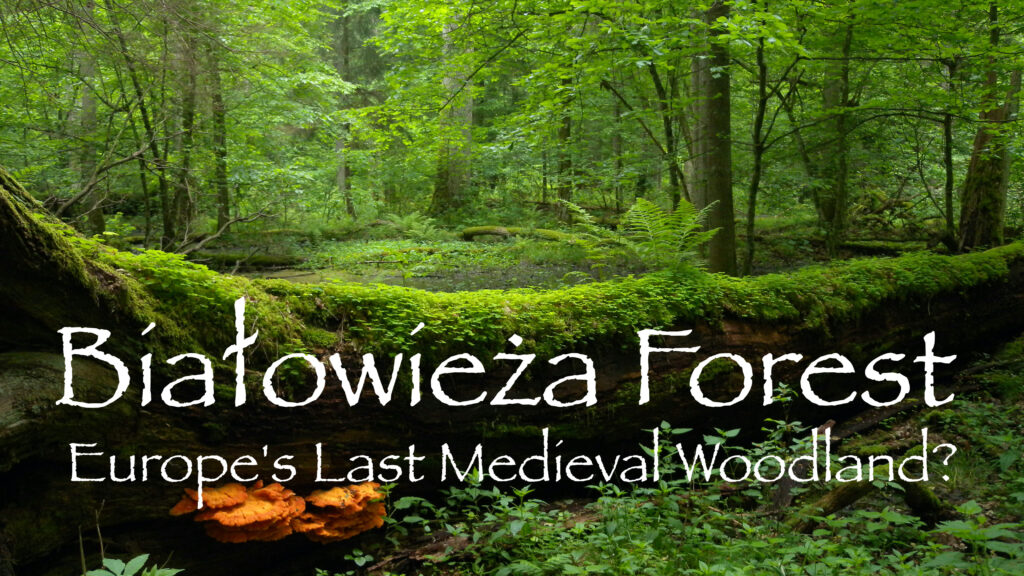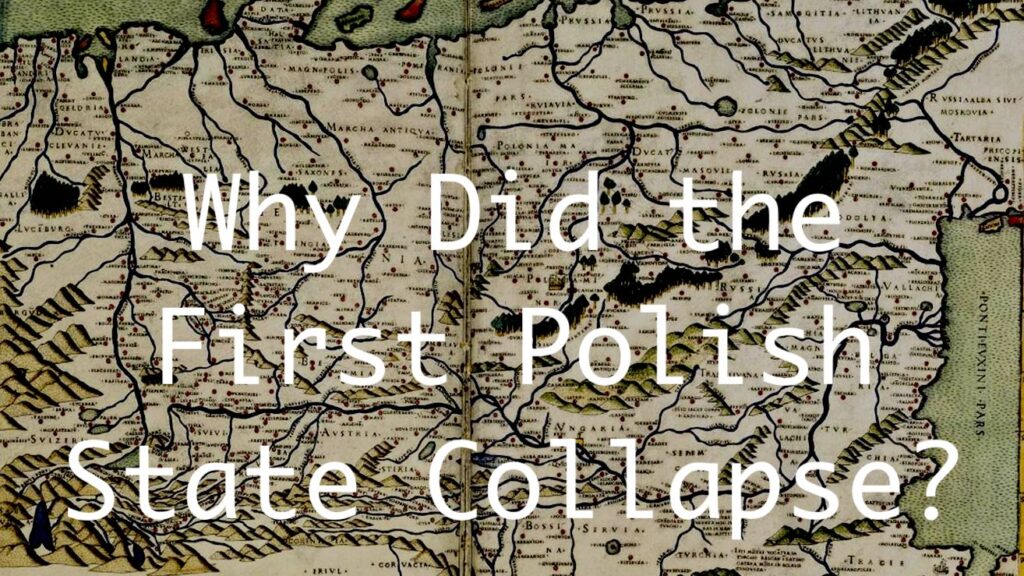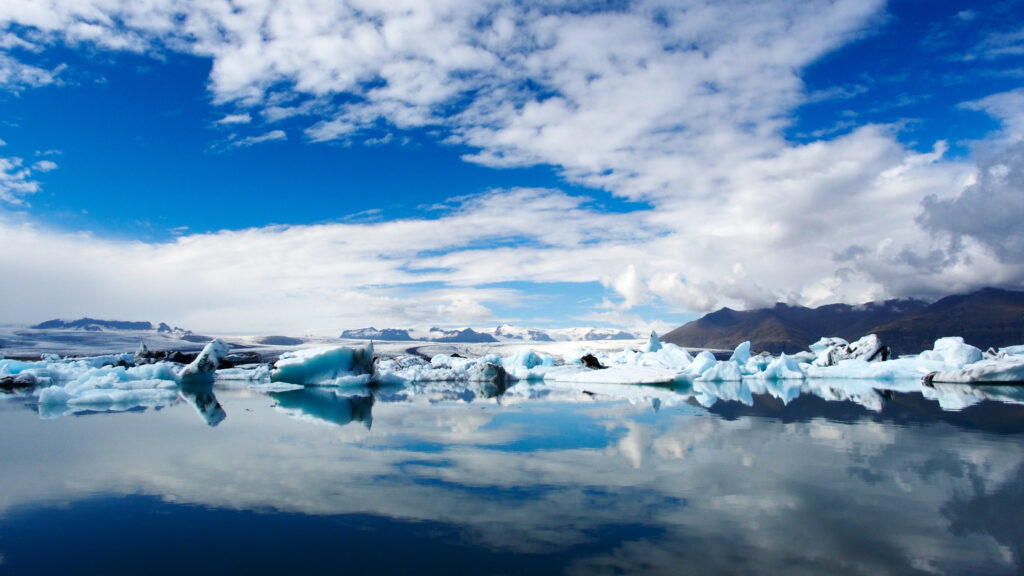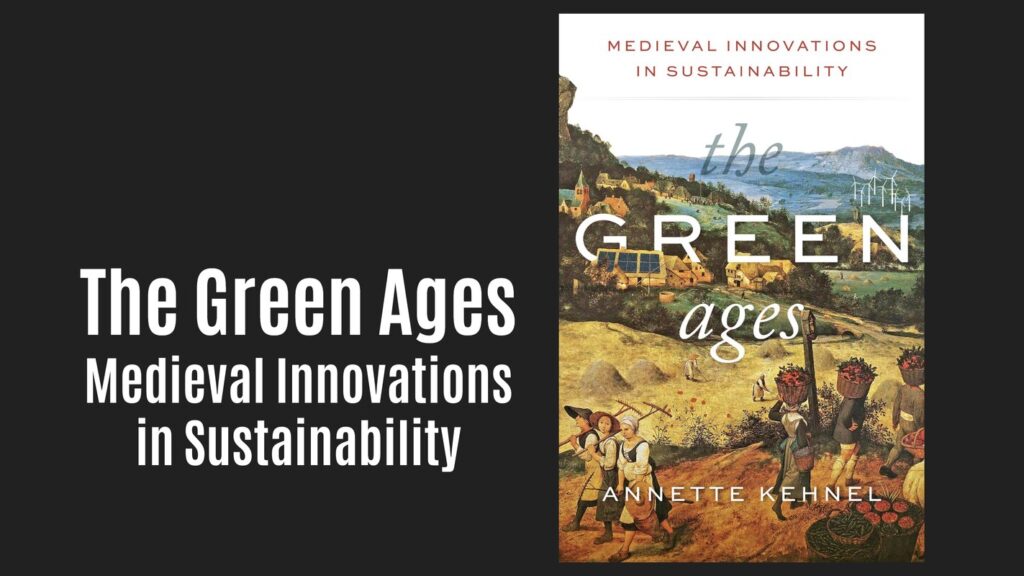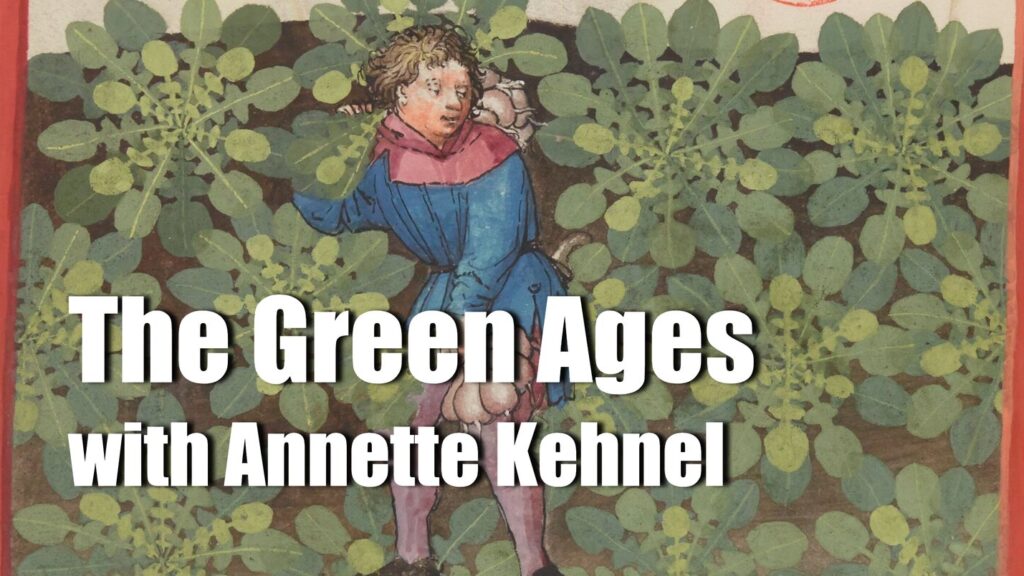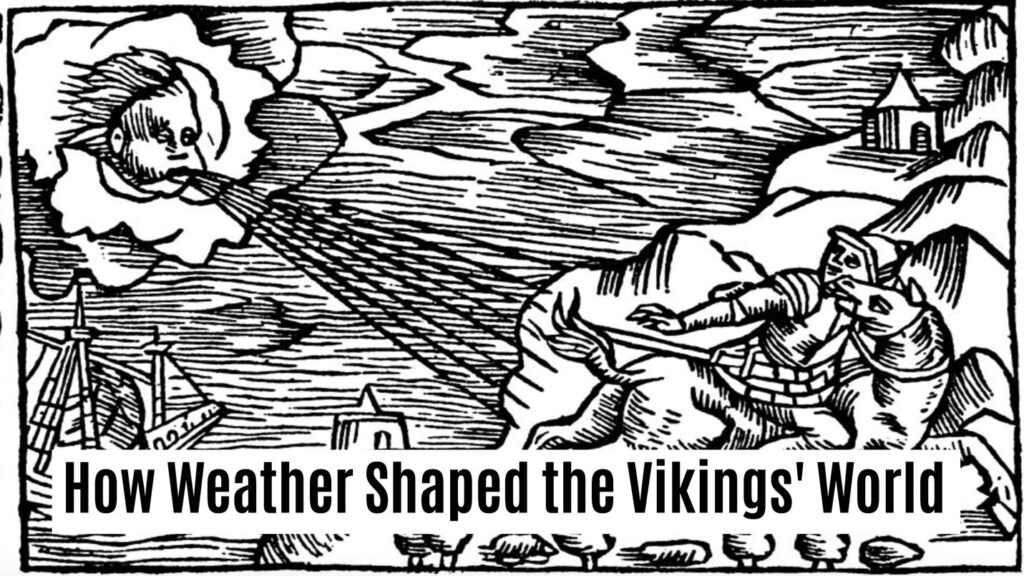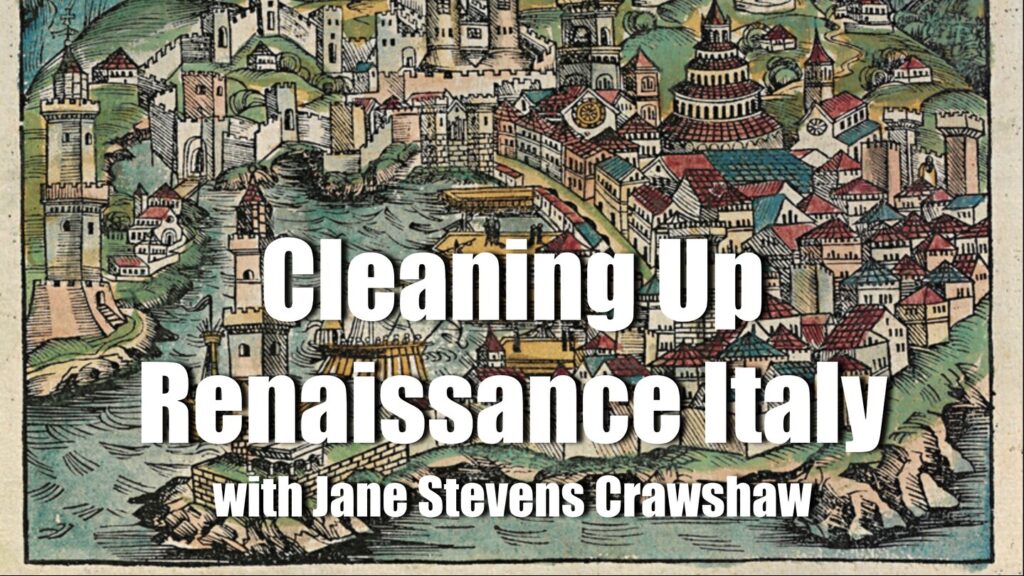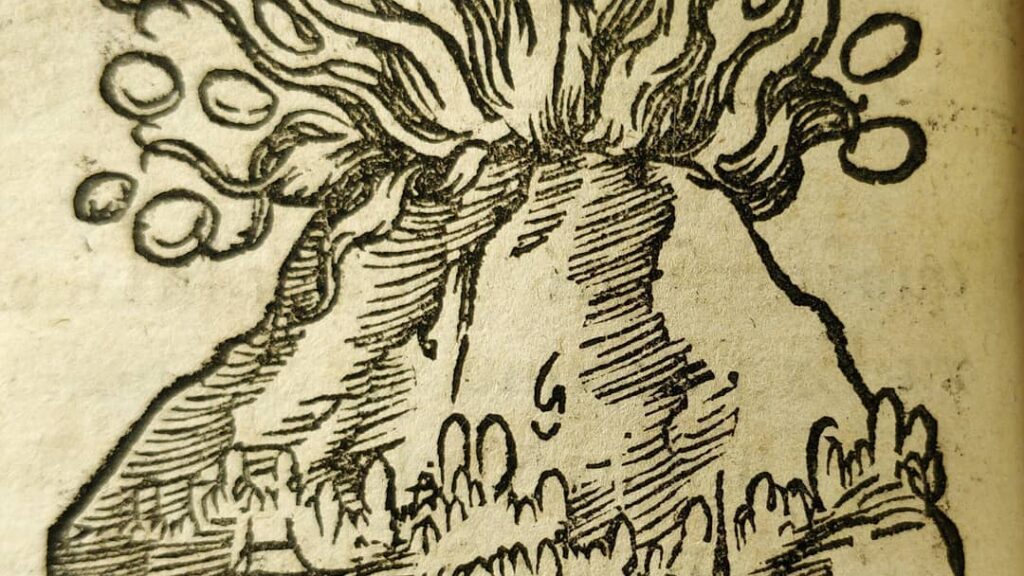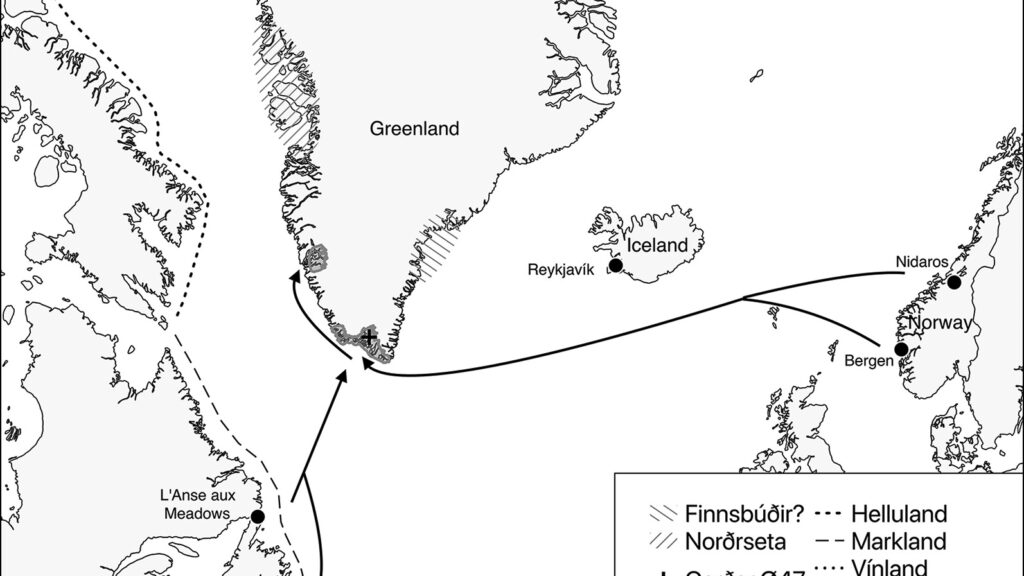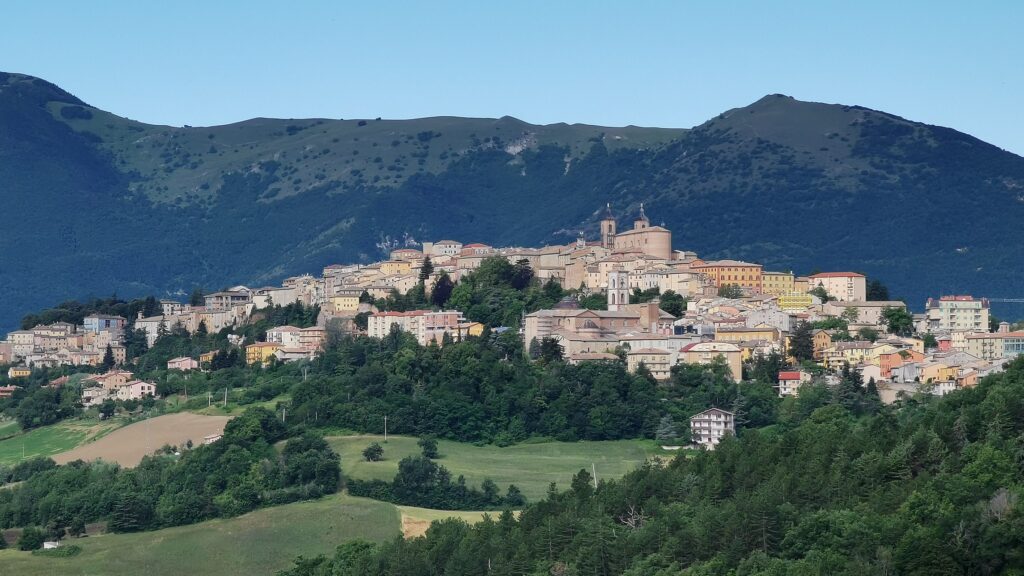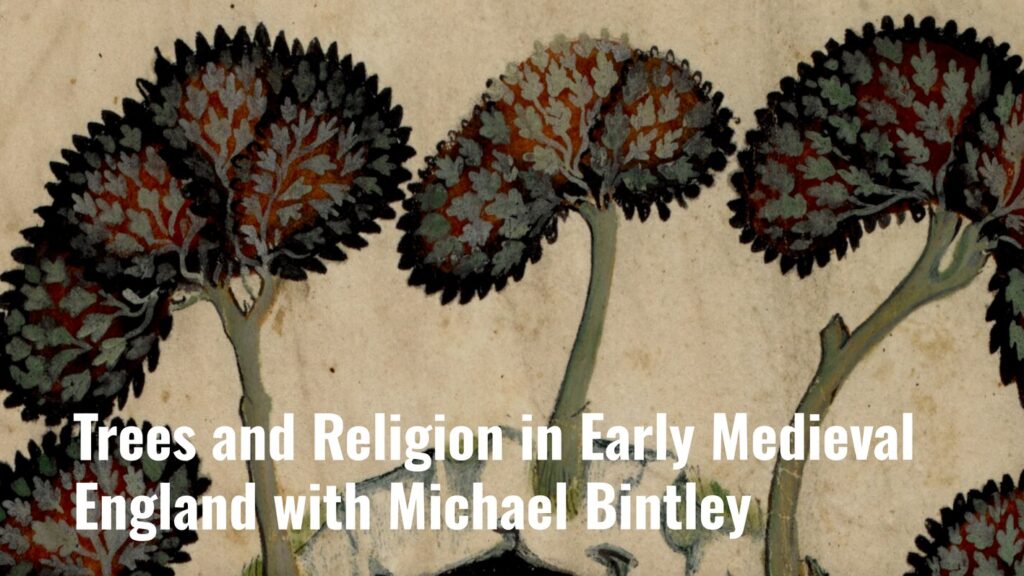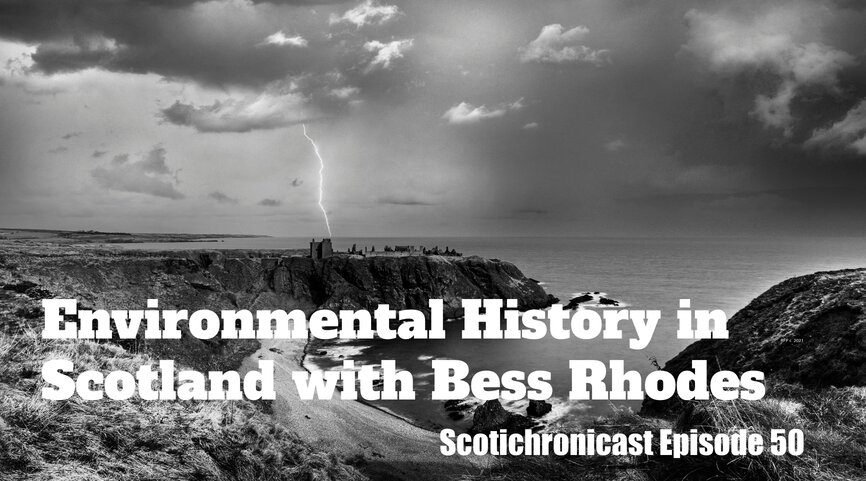Białowieża Forest: Europe’s Last Medieval Woodland?
Is Białowieża Forest truly Europe’s last medieval woodland? A look at royal hunts, historic laws, and wild bison reveals how this ancient forest preserves a living link to the Middle Ages.
Why the First Polish State Collapsed: An Environmental and Political Breakdown
A new study uncovers why Poland’s first kingdom—the Piast state—collapsed so quickly, linking slave trade wealth, ecological intensification, and political fragility. Archaeology, pollen records, and coin hoards reveal the state’s rapid rise—and sudden unraveling.
Icebergs, Iceland, and the Fall of Rome: New Evidence Reveals the Impact of a Medieval Climate Crisis
New research reveals that icebergs from Greenland reached Iceland during the 6th–7th centuries, offering fresh insight into the Late Antique Little Ice Age—and how climate change may have shaped the post-Roman world.
New Medieval Books: The Green Ages
Can we learn from people in the Middle Ages when it comes to living sustainably? This book examines topics such as recycling, microfinance and minimalism to show how the medieval world offers lessons to the modern one.
New Medieval Books: Ben Cao Gang Mu
This extensive collection, translated into English across nine large volumes, serves as a comprehensive encyclopedia of medical and pharmaceutical knowledge. Within its thousands of entries, readers can discover how plants and animals were utilized for medicinal purposes in pre-modern China.
The Green Ages with Annette Kehnel – The Medieval Podcast, Episode 262
New and high-tech solutions for a sustainable future are being proposed on the daily, but what if some of the best ideas actually reside in the past? This week on The Medieval Podcast, Danièle speaks with Annette Kehnel about the way medieval communities shared, recycled, and even upcycled.
How Weather Shaped the Vikings’ World
In a world where weather dictated nearly every aspect of life, how did the Northmen’s culture evolve in response to their harsh climate?
New Medieval Books: A Companion to the Environmental History of Byzantium
A collection of 17 essays that cover a wide range of topics, including climate, water management, nature, and even earthquakes in the eastern Mediterranean region during the Middle Ages.
Cleaning Up Renaissance Italy with Jane Stevens Crawshaw
This week on The Medieval Podcast, Danièle speaks with Jane Stevens Crawshaw about environmental policies in fourteenth and fifteenth-century Genoa and Venice.
New Medieval Books: Cleaning Up Renaissance Italy
This book examines how Venice and Genoa dealt with environmental issues, including waste management, water supply and street congestion. It also reveals the mindset of the medieval Genoese and Venetians when it came to having a clean and healthy city.
Medieval journal has left us 7,000 weather reports
Historians are very interested in understanding environmental and climate conditions from the past. However, sources that can shed light on this information are hard to find, so being able to access over 20 years of records from a medieval writer is a gold mine of details.
What are volcanoes? A medieval answer
An explanation of volcanoes and why they erupt from a medieval scientist.
Norse in Greenland imported timber from North America, study finds
One of the things that Norse living in Greenland lacked was wood. A new study reveals that while some people could make use of local trees and driftwood, the wealthier people could have wood imported from North America and Europe.
10 Natural Disasters in the Middle Ages
Here are ten of the worst natural disasters that took place in the Middle Ages.
Avalanches in the Middle Ages
Read a couple descriptions of avalanches from the Middle Ages.
Rise and Fall of Medieval Tibetan Empire linked to Climate Change
Between the 7th and 9th centuries AD a new empire emerged in medieval Asia – the Tibetan Kingdom under the Yarlung dynasty expanded its domain in all directions, reaching as far as the Indian Ocean. A new study links their expansion and subsequent downfall to climate change.
New Medieval Books: The Catch
A comprehensive examination of fishing in medieval Europe, including how they were caught, how they went from sea (or river) to market, and what happened when overfishing led to scarcities.
Details of Italian earthquake from 1446 discovered in Hebrew Prayer Book
The chance discovery of a note written in a 15th-century Hebrew prayer book fills an important gap in the historical Italian earthquake record, offering a brief glimpse of a previously unknown earthquake affecting the Marche region in the central Apennines.
Trees and Religion in Early Medieval England with Michael Bintley
This week on The Medieval Podcast, Danièle speaks with Michael D.J. Bintley about the evolving role of trees in early medieval England.
England’s weather in 1269 revealed by medieval report
What was England’s weather like in the year 1269? Thanks to a fascinating document possibly written by Roger Bacon, we have a detailed weather report.
New Open Access Book: Meteorological Disasters in Medieval Britain (AD 1000‒1500)
This timely book examines extreme weather events that struck Britain during the latter half of the Middle Ages.
Medieval Poland was hit by floods 166 times, study finds
Polish researchers examining medieval sources have discovered that the country was hit by flooding 166 times between the 11th and 15th centuries, revealing details on the causes of these disasters.
Medieval texts help modern scientists better understand volcanoes
“The same year, during the full Moon, the Moon exhibited yellow, red and many other colours” ~ the English monk Bartholomew de Cotton,…
Shakespeare’s ecopolitics revealed in new book
A new book proposes that William Shakespeare was making radical statements about ecopolitics and environmental issues in many of his later plays.
Environmental History in Scotland with Bess Rhodes
Kate Buchanan is joined by Bess Rhodes as they talk about Scottish Environmental History, focusing on sustainability and regulations in Late Medieval Scotland.
